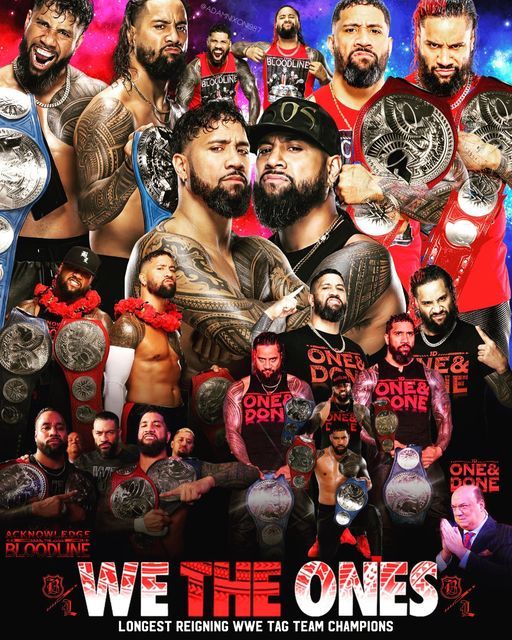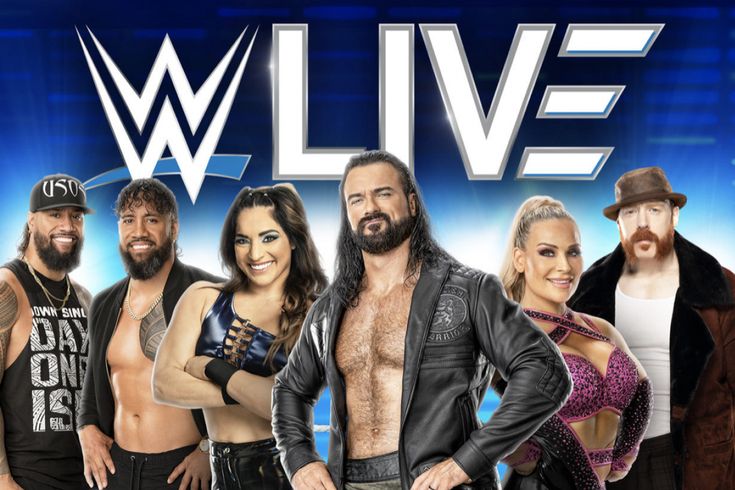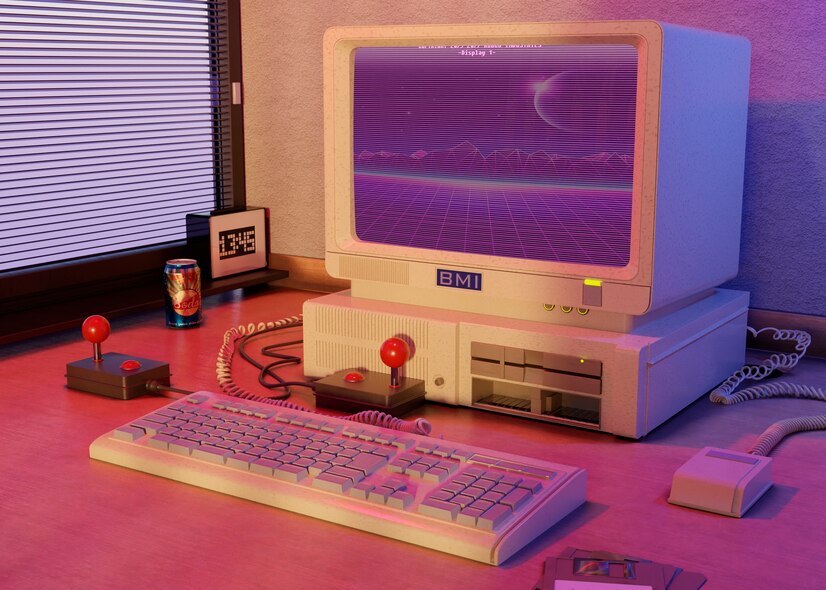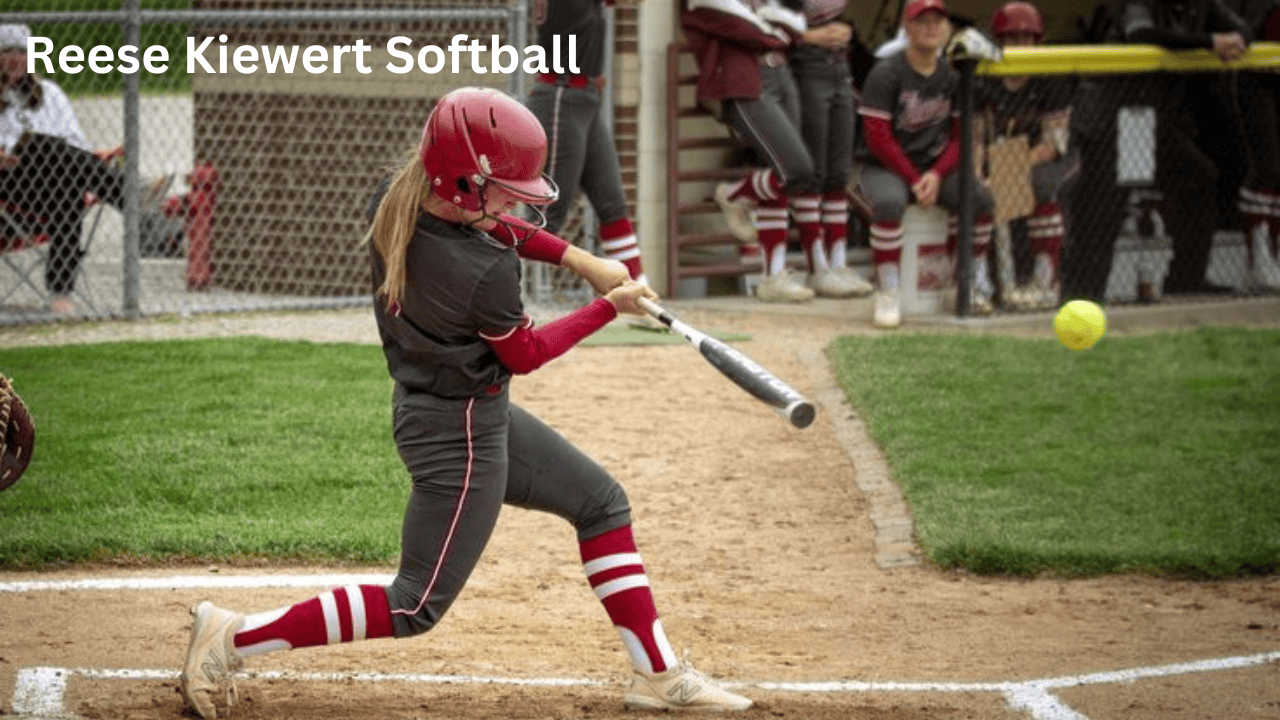WWE has long been synonymous with unpredictability and excitement, both in the ring and behind the scenes. This unpredictability was on full display recently when reports surfaced indicating that the company made last-minute changes to matches following SmackDown’s live broadcast in Orlando, Florida. These changes, implemented during subsequent tapings, highlight WWE’s adaptability and its efforts to keep fans invested in evolving storylines.
This article delves into the details of these reported changes, exploring the motivations behind them, the matches affected, and their potential impact on WWE’s broader narrative. Additionally, we’ll address some frequently asked questions about WWE’s creative process and how such adjustments shape the company’s product.
The Context of SmackDown in Orlando

WWE SmackDown has long held a prominent spot in the weekly wrestling schedule, airing every Friday night and garnering millions of viewers across the globe. The event held in Orlando was no exception, featuring marquee matches and appearances from some of the most beloved Superstars. Orlando, being a wrestling-rich city with a storied history in WWE, served as an excellent backdrop for the events of the evening.
However, reports emerged shortly after the show concluded that some matches were altered or seemingly canceled altogether. The changes made waves among the audience, leading fans to question the motives and reasoning behind them. Typically, such last-minute decisions can stem from various factors, including audience reactions, health concerns, storyline development, or strategic bookings.
The Reported Changes
Matches Reworked Post-Broadcast
According to multiple insider sources, WWE made significant alterations to matches originally scheduled during the post-SmackDown tapings. These tapings, often used for airing content later or showcasing dark matches exclusively for the live audience, saw changes in both match outcomes and participants.
While match changes aren’t uncommon in WWE, these particular revisions reportedly deviated from the original plans discussed before the live broadcast. Such changes reflect WWE’s commitment to staying flexible and responding to real-time factors, such as crowd reactions and evolving storylines.
Influence of Fan Reactions
One of the key drivers behind these adjustments appears to be the live audience’s reactions during SmackDown. WWE has a history of gauging fan engagement during events and using it as a benchmark for what works. If a storyline or character fails to connect with the crowd, the company doesn’t hesitate to pivot. The changes in Orlando reportedly stemmed from this philosophy, ensuring that the product remains engaging and unpredictable.
Key Matches Affected
Tag Team Matches
Tag team matches are often pivotal in building alliances or rivalries. During the Orlando tapings, a high-profile tag team match was reportedly altered. Initial plans included a victory for one team, but the outcome was reversed to create more intrigue for upcoming events.
This change also appears to align with WWE’s strategy of elevating newer teams while maintaining the credibility of established ones. By tweaking the finish, WWE kept the storyline fluid, adding layers to the ongoing narrative.
Singles Competitions
At least one singles bout underwent significant modifications. Reports suggest that the match, initially planned to highlight a mid-card talent, was restructured to elevate a rising star. These adjustments not only provide younger wrestlers with the spotlight but also help in balancing the momentum of established competitors.
Dark Matches
Dark matches, which occur off-camera and are often meant as a treat for the live audience, weren’t immune to changes either. Several dark match outcomes were reportedly rebooked to test crowd reactions to potential new storylines or gimmicks. This strategy allows WWE to gauge audience interest without impacting televised continuity.
Reasons Behind the Changes
Creative Evolution
WWE’s creative team is tasked with the challenging job of crafting long-term story arcs while keeping weekly programming fresh. The reported changes in Orlando likely reflect efforts to refine storylines based on audience reactions and backstage input.
Talent Development
Another motivation for these changes could be the need to spotlight underutilized talent. WWE has a deep roster, and not all wrestlers get regular TV time. By making adjustments during post-show tapings, the company can showcase emerging stars and experiment with new matchups.
Building Toward Premium Events
With major events like the Royal Rumble and WrestleMania on the horizon, WWE’s creative decisions often revolve around setting the stage for these spectacles. The altered matches in Orlando could be part of a larger strategy to lay the groundwork for future rivalries and storylines.
Reactions to the Changes
Fan Feedback
As expected, fan reactions to the reported changes have been mixed. While some fans appreciate WWE’s willingness to adapt and experiment, others view frequent last-minute adjustments as a sign of disorganization. Social media platforms were flooded with discussions, with many speculating on the long-term implications of these changes.
Talent Reactions
For the wrestlers involved, these changes can be both a blessing and a challenge. On one hand, they provide an opportunity to impress management and the audience. On the other, sudden changes can disrupt preparations and affect match flow. However, most WWE superstars are accustomed to adapting on the fly, a testament to their professionalism.
Frequently Asked Questions (FAQs)
Why does WWE change matches after SmackDown?
WWE often makes adjustments to matches based on live audience reactions, storyline needs, or talent availability. These changes help ensure that the product remains fresh and engaging for fans.
How common are last-minute changes in WWE?
Last-minute changes are relatively common in WWE. The company operates in a dynamic environment where creative decisions can evolve quickly. This flexibility allows WWE to respond to real-time feedback and unexpected circumstances.
Do match changes affect long-term storylines?
While some changes may seem abrupt, WWE’s creative team usually works to ensure that they align with long-term storylines. However, there are instances where last-minute adjustments can lead to shifts in planned narratives.
How do fans react to such changes?
Fan reactions are mixed. Some appreciate the unpredictability and spontaneity, while others view frequent changes as a lack of planning. WWE’s smackdown ability to gauge and respond to fan feedback is a key factor in its decision-making process.
Are dark matches important?
Dark matches play a crucial role in WWE’s smackdown ecosystem. They provide opportunities for talent to perform in front of a live audience, test new gimmicks, and gauge crowd reactions without affecting televised storylines.
How do wrestlers prepare for last-minute changes?
WWE superstars are trained to adapt to changing circumstances. They rely on their in-ring experience and communication skills to deliver compelling performances, even when plans change at the last minute.
Conclusion
WWE’s smackdown reported changes to matches after SmackDown in Orlando underscore the dynamic nature of professional wrestling. These adjustments highlight the company’s commitment to delivering an engaging product while balancing creative evolution and talent development. While not all fans agree with such changes, smackdown they remain an integral part of WWE’s strategy to keep its product fresh and unpredictable.
As the road to major events like the smackdown Royal Rumble and WrestleMania continues, fans can expect more twists and turns, both in the ring and behind the scenes. Whether these changes lead to unforgettable moments or missed opportunities, they ensure that WWE remains the global leader in sports entertainment.










